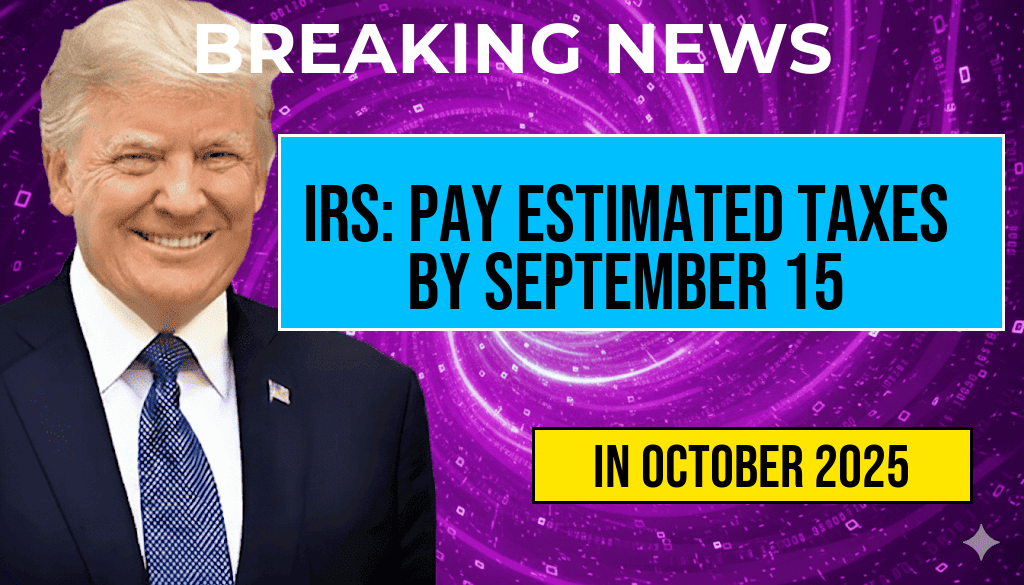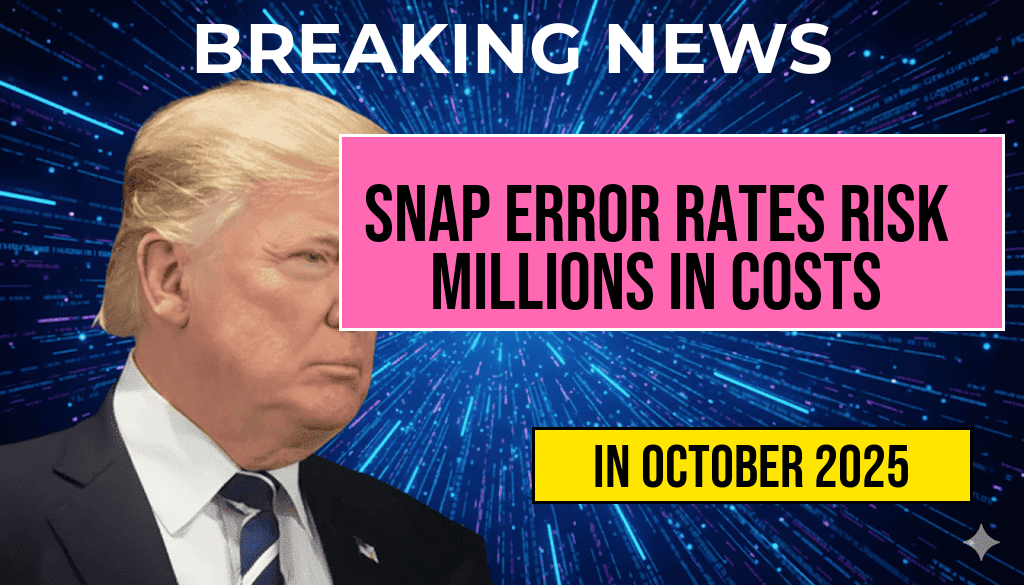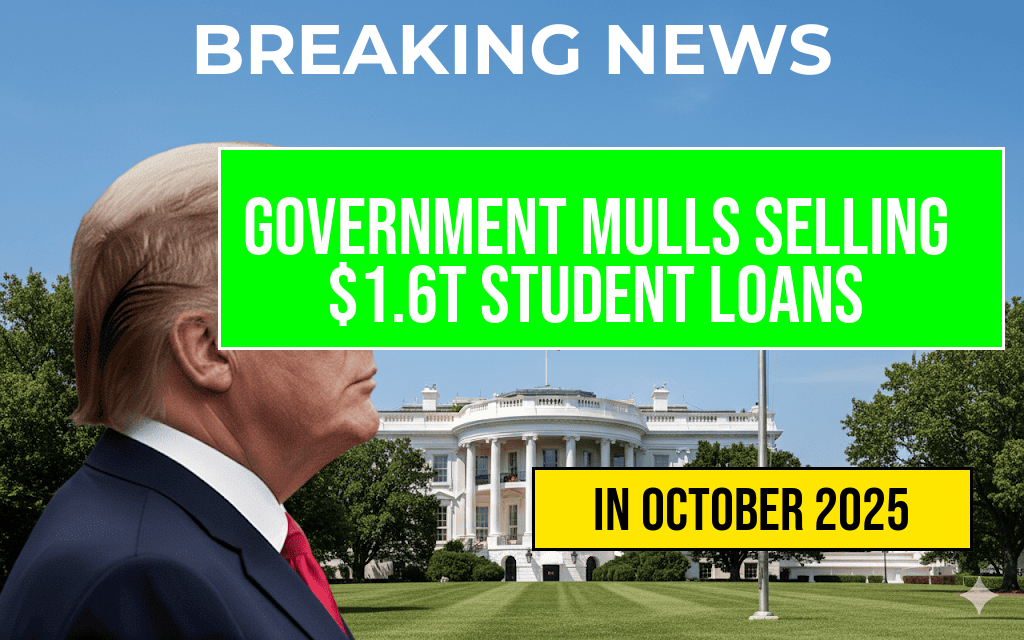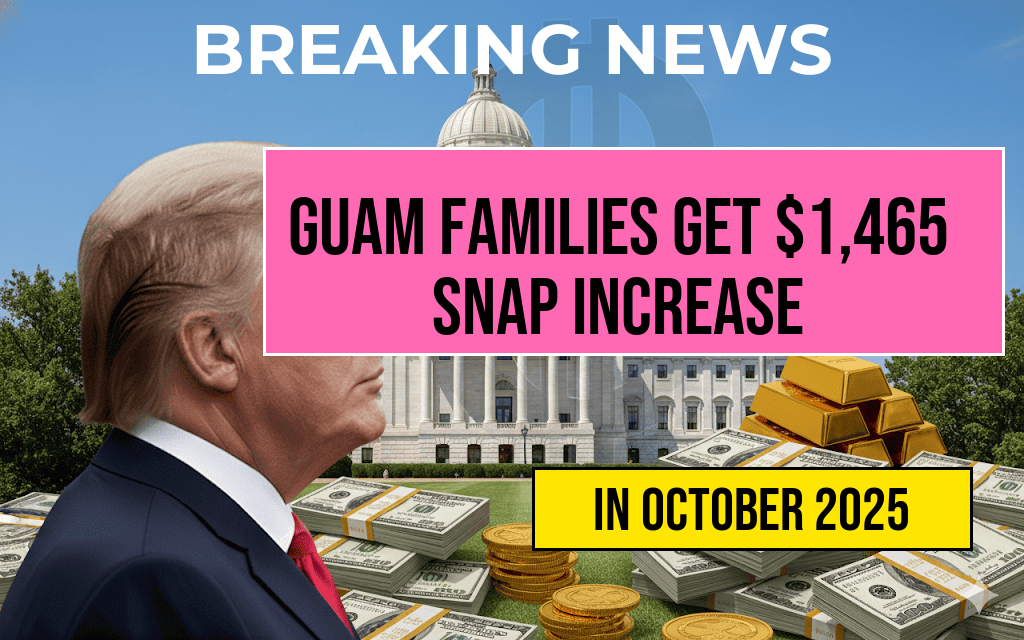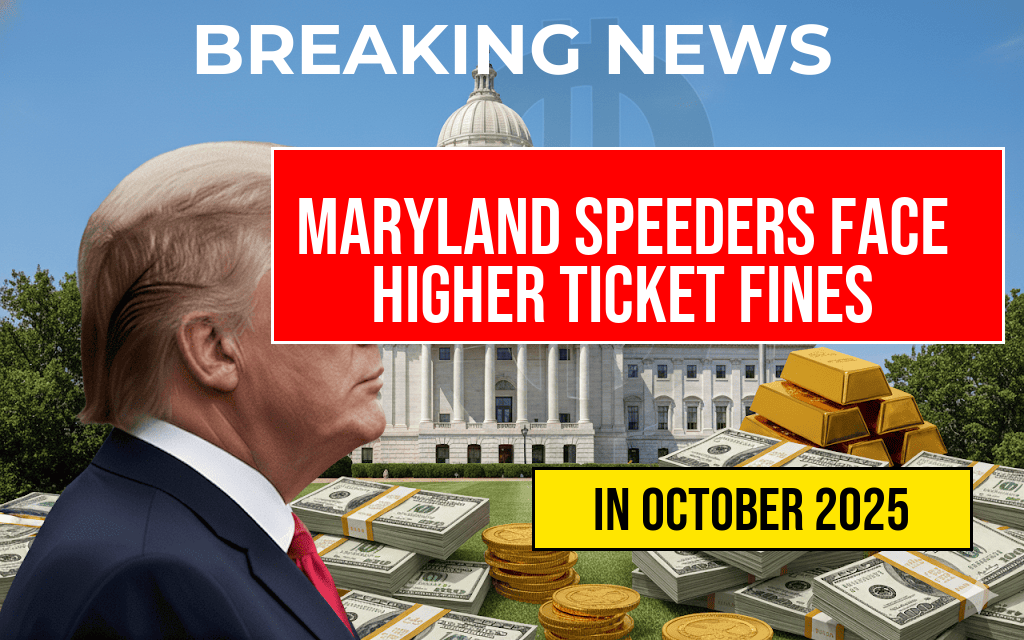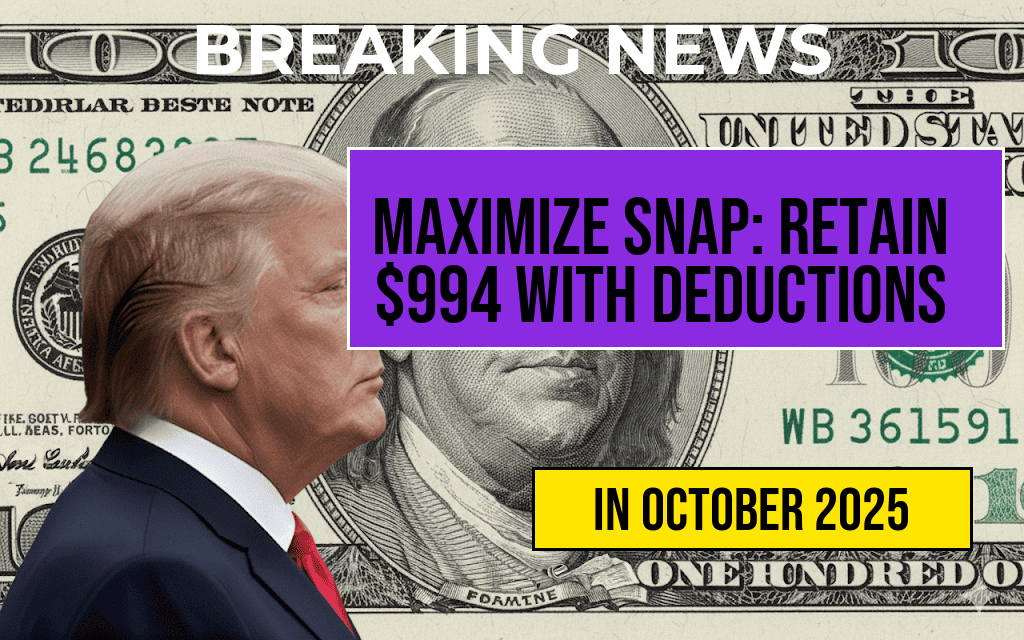The federal government is contemplating the sale of its substantial $1.6 trillion student loan portfolio, a move that could reshape the landscape of student financing in the United States. This potential decision comes amid ongoing discussions about the nation’s student debt crisis, which affects millions of borrowers. With approximately 43 million Americans currently holding federal student loans, the implications of such a sale could be far-reaching, impacting everything from interest rates to repayment options. The U.S. Department of Education is evaluating the feasibility of this proposal, considering both the financial implications and the potential effects on borrowers as they grapple with debt repayment in an increasingly challenging economic environment.
Understanding the Current Student Loan Landscape
The U.S. student loan crisis has been a growing concern for policymakers, educators, and borrowers alike. Currently, the federal government holds over $1.6 trillion in student loans, making it one of the largest lenders in the country. These loans have become a significant burden for many graduates, with an average debt of over $30,000 per borrower.
Key Factors Driving the Discussion
- Financial Stability: The federal government is looking to stabilize its financial position amidst rising national debt.
- Debt Relief Initiatives: Previous debt relief measures and the impact of the pandemic have forced the government to consider alternative strategies for managing its loan portfolio.
- Borrower Impact: The effects of any potential sale on borrowers are a primary concern, particularly regarding interest rates and repayment terms.
Potential Benefits of Selling the Portfolio
Proponents of selling the federal student loan portfolio argue that it could lead to a more competitive lending environment. By transferring these loans to private entities, borrowers may benefit from:
- Increased flexibility in repayment plans.
- Potentially lower interest rates through market competition.
- Greater innovation in loan products tailored to diverse borrower needs.
Concerns Surrounding the Sale
Despite the potential benefits, there are significant concerns regarding the sale. Critics warn that privatizing student loans could exacerbate existing issues within the system:
- Increased Costs: Private lenders may charge higher interest rates compared to federal loans, making repayment more challenging for borrowers.
- Loss of Protections: Federal loans come with borrower protections such as income-driven repayment plans and loan forgiveness programs, which might not be available with private loans.
- Market Volatility: The sale could introduce instability into the student loan market, particularly if economic conditions fluctuate.
Government Response and Next Steps
The Biden administration has indicated that any decision regarding the sale of the student loan portfolio will be made with careful consideration of its impacts on borrowers. Ongoing discussions within the Department of Education aim to gather feedback from stakeholders, including student advocacy groups and financial experts, to ensure a balanced approach. A proposal may be presented to Congress in the coming months, outlining the potential sale and the implications it could have on the broader economy.
Public Opinion and Advocacy
As the conversation unfolds, public opinion appears divided on the issue. Many borrowers express concern about losing the protections provided by federal loans, while others acknowledge the potential for improved loan terms under private management. Advocacy organizations are ramping up efforts to inform borrowers about their rights and options amidst these changes.
For updates on the evolving situation, interested parties can refer to sources such as the Forbes Student Loan Debt Crisis and Wikipedia’s overview of Student Loans in the U.S..
Conclusion: A Critical Crossroads
The federal government’s consideration of selling its $1.6 trillion student loan portfolio is a pivotal moment in U.S. education financing. As discussions continue, the outcome will likely have profound implications for current and future borrowers. Stakeholders across the nation are watching closely as policymakers navigate this complex issue, striving to balance economic stability with the needs of millions of Americans burdened by student debt.
Frequently Asked Questions
What is the federal government planning regarding the $1.6 trillion student loan portfolio?
The federal government is considering selling its $1.6 trillion student loan portfolio as a way to manage financial obligations and address the increasing burden of student debt.
Why is the sale of the student loan portfolio being considered?
The sale is being considered to potentially reduce taxpayer liability and to provide relief to borrowers who are struggling with their loans, while also addressing the constraints on the federal budget.
How would selling the student loan portfolio affect current borrowers?
If the portfolio is sold, it could lead to changes in loan servicing and repayment terms, depending on the new owners of the loans. Borrowers may see different payment structures or forgiveness options in the future.
What are the potential benefits of selling the student loan portfolio?
Potential benefits include reducing the federal deficit, alleviating some of the financial pressures on the government, and possibly creating more competitive loan servicing options for borrowers.
What challenges or concerns are associated with the sale of the student loan portfolio?
Challenges include ensuring that borrowers’ rights and protections are maintained, addressing concerns about the quality of loan servicing, and the risk that private companies may prioritize profits over borrower support.

